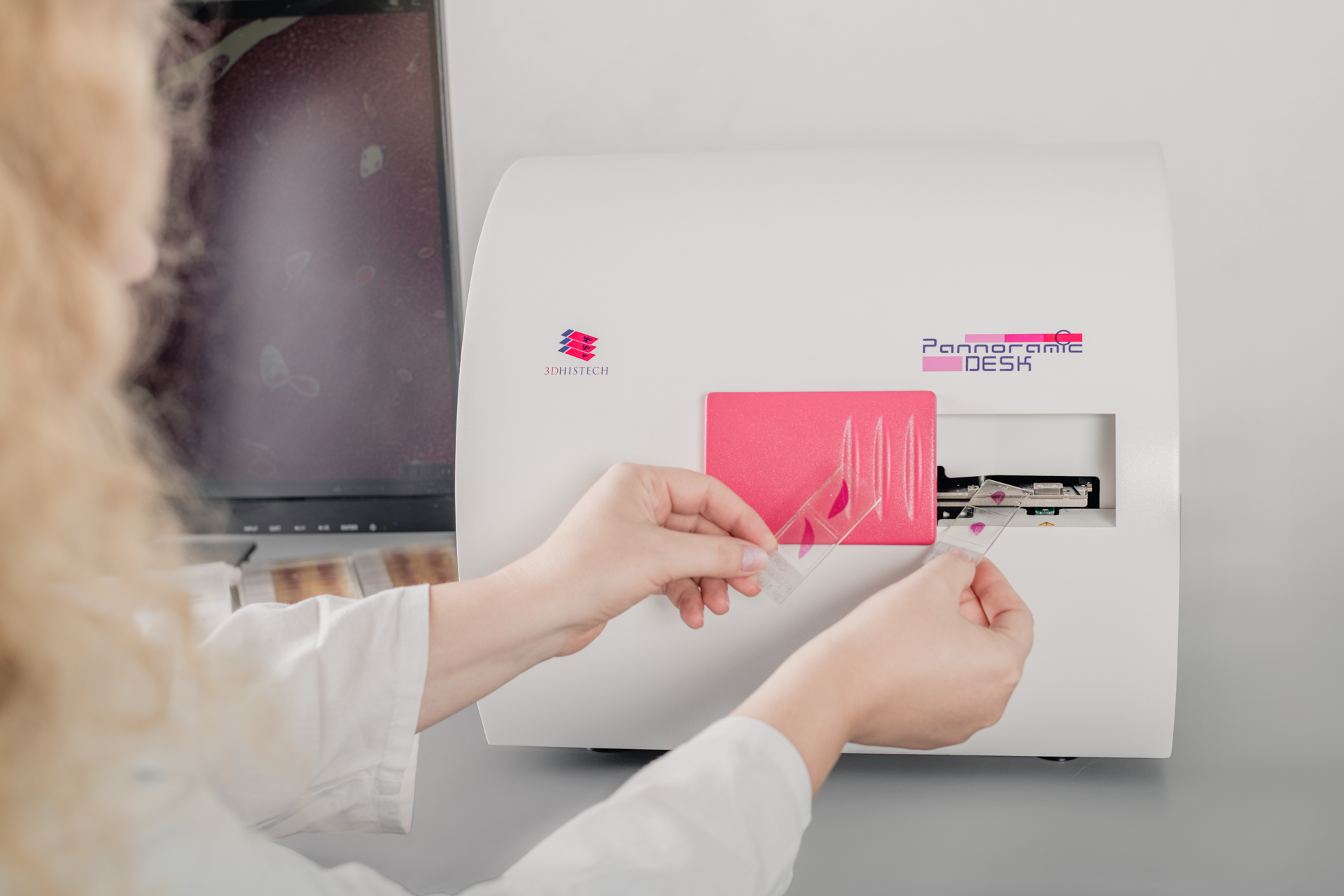
On a way to trace ED!
Everyday modern world offers us more and more opportunities in every aspect of our lives. Those besides beneficial features
can be threatening in terms of our health. This gives us reason to seek better solutions to protect human and animal health.
In recent years, the scientific debate has been dominated by problems with the endocrine disruptor chemicals present in our lives.
According to the definition adopted by the International Programme on Chemical Safety (2002), these are any
exogenous substance or mixture of substances that alters the function or functions of the endocrine system,
with consequent health effects in an intact organism, or in its progeny or populations. These effects can be harmful
to the development, reproduction, neurological function or immune system of animals, populations or even entire ecosystems.
Therefore, regulators around the world are increasingly requiring the assessment of endpoints that signal a substance's
potential to cause endocrine disruption. Scientists at the Łukasiewicz - IPO Branch in Pszczyna are well aware of
the negative potential of the mentioned disruptors, which is why for several years their work has been focused
on the possibility of extending the Institute's offer to companies wishing to test potential endocrine disrupting properties.

We have extended our offer with three new tests according to OECD guidelines, these are:
1. Uterotrophic Bioassay in Rodents: A short-term screening test for oestrogenic properties according OECD 440
2. Stably Transfected Human Estrogen Receptor-α Transactivation Assay for Detection of Estrogenic Agonist and antagonist
Activity of Chemicals using the hERα-HeLa-9903 cell line according to OECD 455
3. Hershberger Bioassay in Rats. A Short-term Screening Assay for (Anti)Androgenic Properties according to OECD 441
Contact us: planowanie.pszczyna@ipo.lukasiewicz.gov.pl for a price quote and free slots to determine whether
your substance will be harmful to endocrine system.
can be threatening in terms of our health. This gives us reason to seek better solutions to protect human and animal health.
In recent years, the scientific debate has been dominated by problems with the endocrine disruptor chemicals present in our lives.
According to the definition adopted by the International Programme on Chemical Safety (2002), these are any
exogenous substance or mixture of substances that alters the function or functions of the endocrine system,
with consequent health effects in an intact organism, or in its progeny or populations. These effects can be harmful
to the development, reproduction, neurological function or immune system of animals, populations or even entire ecosystems.
Therefore, regulators around the world are increasingly requiring the assessment of endpoints that signal a substance's
potential to cause endocrine disruption. Scientists at the Łukasiewicz - IPO Branch in Pszczyna are well aware of
the negative potential of the mentioned disruptors, which is why for several years their work has been focused
on the possibility of extending the Institute's offer to companies wishing to test potential endocrine disrupting properties.

We have extended our offer with three new tests according to OECD guidelines, these are:
1. Uterotrophic Bioassay in Rodents: A short-term screening test for oestrogenic properties according OECD 440
2. Stably Transfected Human Estrogen Receptor-α Transactivation Assay for Detection of Estrogenic Agonist and antagonist
Activity of Chemicals using the hERα-HeLa-9903 cell line according to OECD 455
3. Hershberger Bioassay in Rats. A Short-term Screening Assay for (Anti)Androgenic Properties according to OECD 441
Contact us: planowanie.pszczyna@ipo.lukasiewicz.gov.pl for a price quote and free slots to determine whether
your substance will be harmful to endocrine system.
Other news
- SETAC Europe 34th Annual Meeting
- Easter !
- Review of research work under the 2024 grant:
- SOT 63rd Annual Meeting and ToxExpo
- Phototoxicity testing
- New study for bees in offer
- On a way to trace ED!
- CPhI Worldwide 2023 Barcelona is coming
- Eurotox 2023 in Ljubljana is on
- Project subsidized
- EUROTOX 2023 Ljubljana
- New in vitro study available
- PCI Days 2023
- SETAC Dublin 2023 is on!
- SETAC Europe 33 Annual Meeting 2023 Dublin
- Technical employee needed
- Again FULL ACCREDITATION!
- .
- New alternative methods at Łukasiewicz - IPO
- Presentation of the results of research works financed by the ministerial subsidy
- POLECO 2022
- Jobb offers!
- Job offers
- Job offer
- Job offers
- Investment project NOBIAN
- Job offer- chemistry
- Job offer -HR
- Job offer for archivist
- Additional recrutation! Job offer - histopathologist, veterinarian
- NOBIAN
- Happy Easter!
- Job aplication
- Happy New Year 2021 !
- New web address
- .
- Łukasiewicz-rebranding of our Institute
- AAALAC International Accreditation
- Review of research studies conducted accoring to grant
- Merry Christmas and Happy New 2020 Year !
- .
- International Children’s Day
- Results of the competition for the position of the Deputy Head of the Branch for Administrative and Technical Issues
- Results of the competition for the position of the Deputy Head of the Branch for Research and Development
- R&D Project BioSafeFood
- R+D project BIOTECHNET
- Successful AAALAC accreditation
- New laboratories
Most important events
1947The Experimental-Research Station of Pesticides of the Azot Chemical Plant in Jaworzno and the Laboratory of Potato Beetle Biology and Control were founded in the place of the former School of Rural Household in Pszczyna.
1951The Experimental-Research Station of Pesticides was transferred to the Institute of Dyes and Semi-Manufactured Articles in Warsaw.
1957The Institute of Industrial Organic Chemistry in Pszczyna was founded as one of four branches of the main Institute of Industrial Organic Chemistry in Warsaw.
1960The following two research departments were founded:
- Department of Pesticide Biological Effectiveness Evaluation
- Department of Pesticide Side-Effects.


